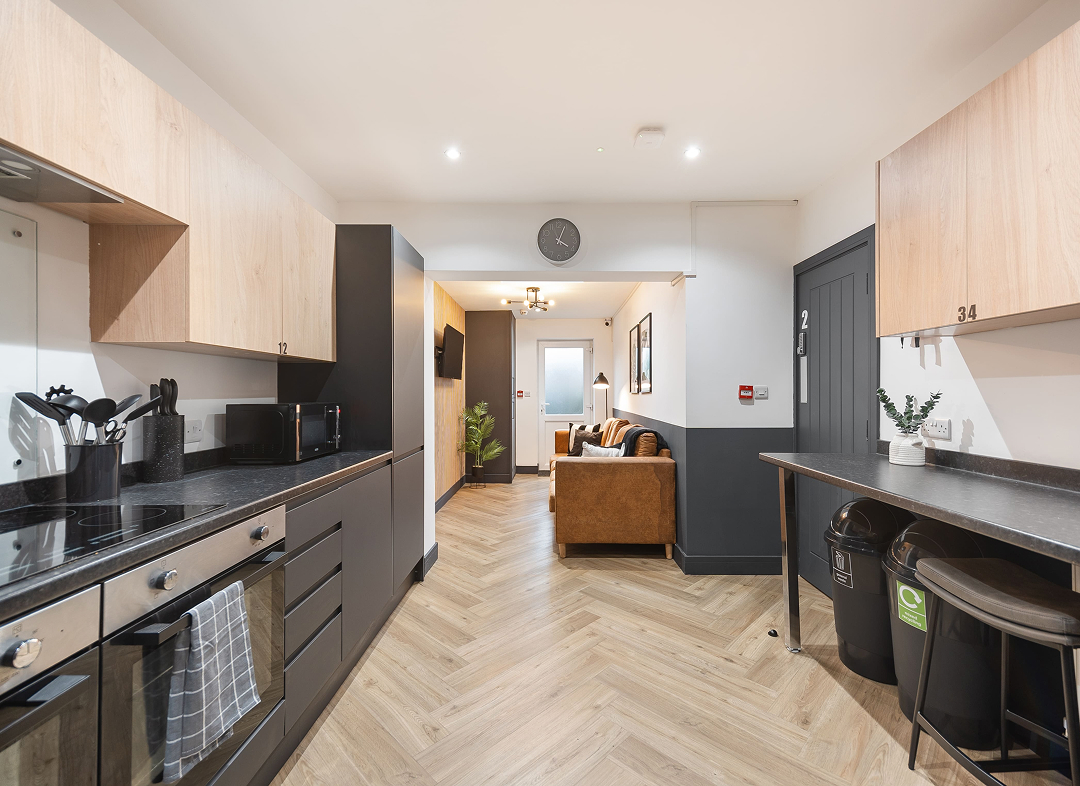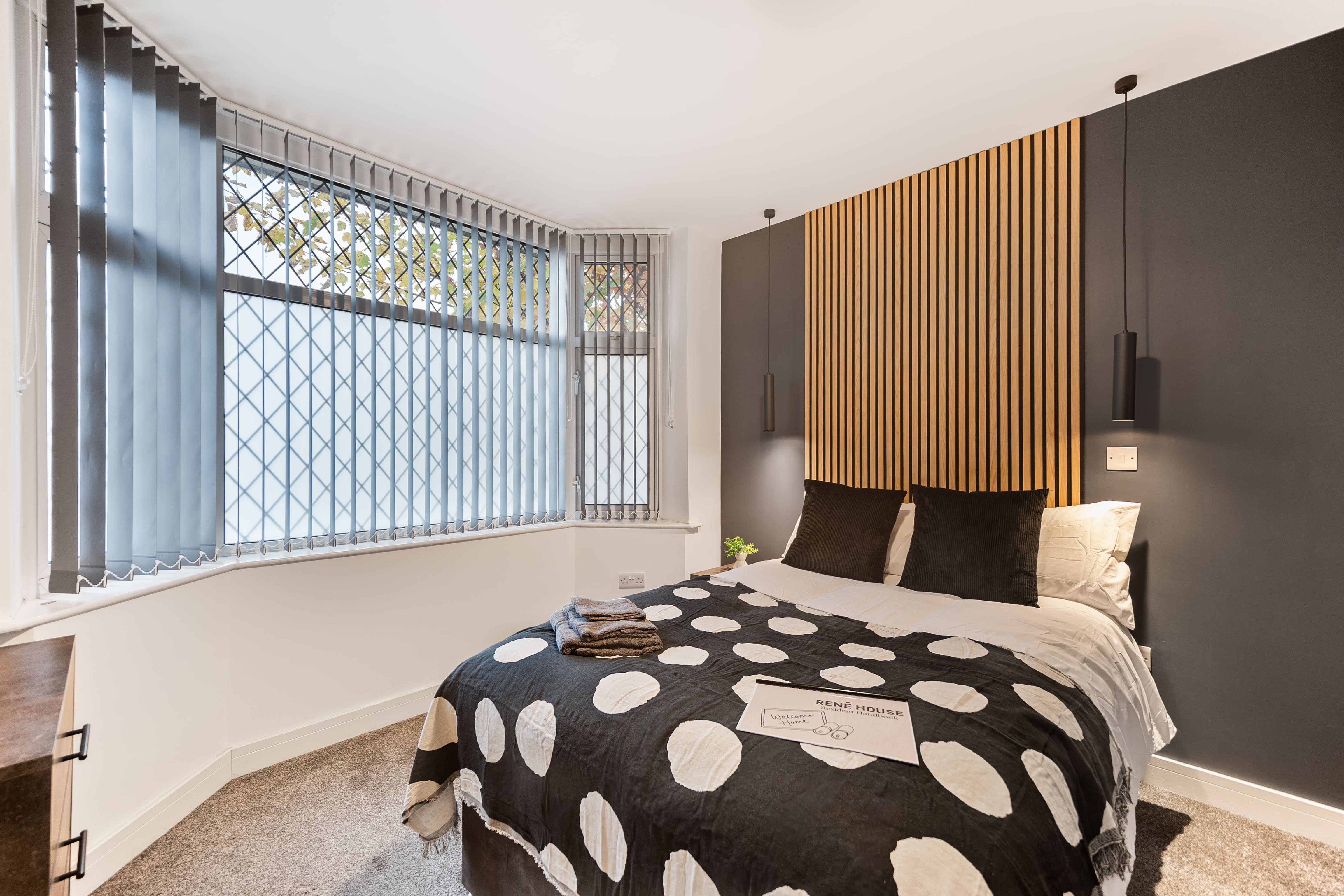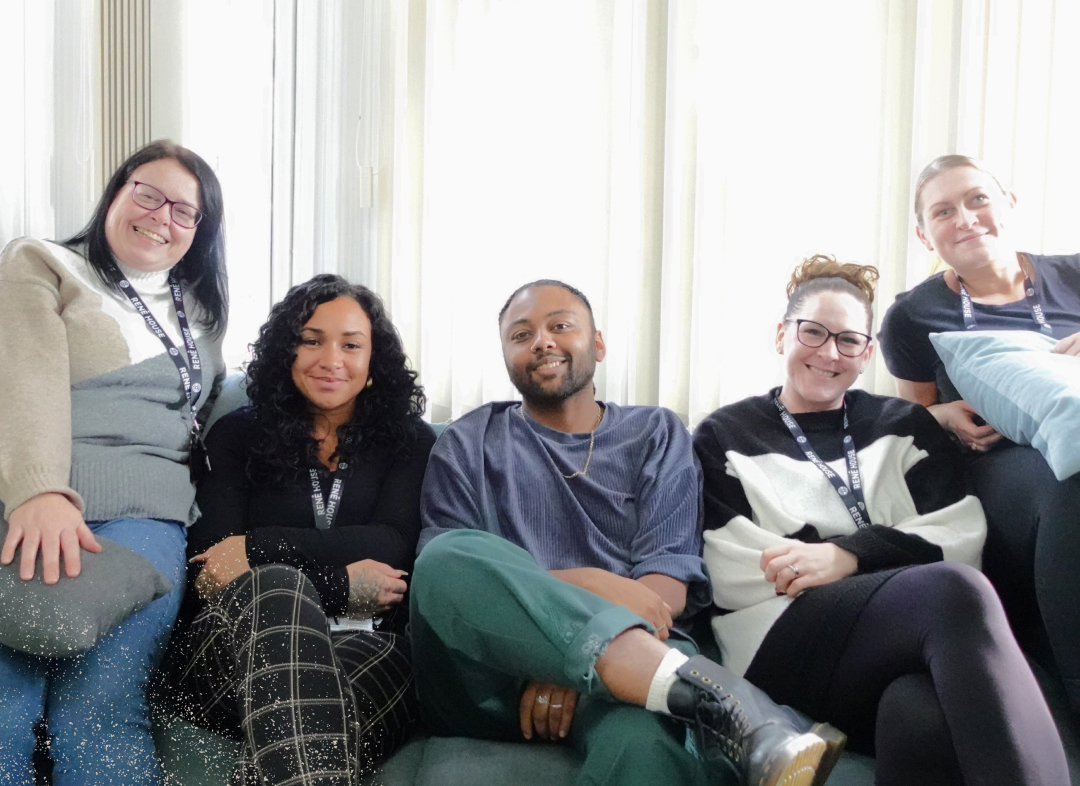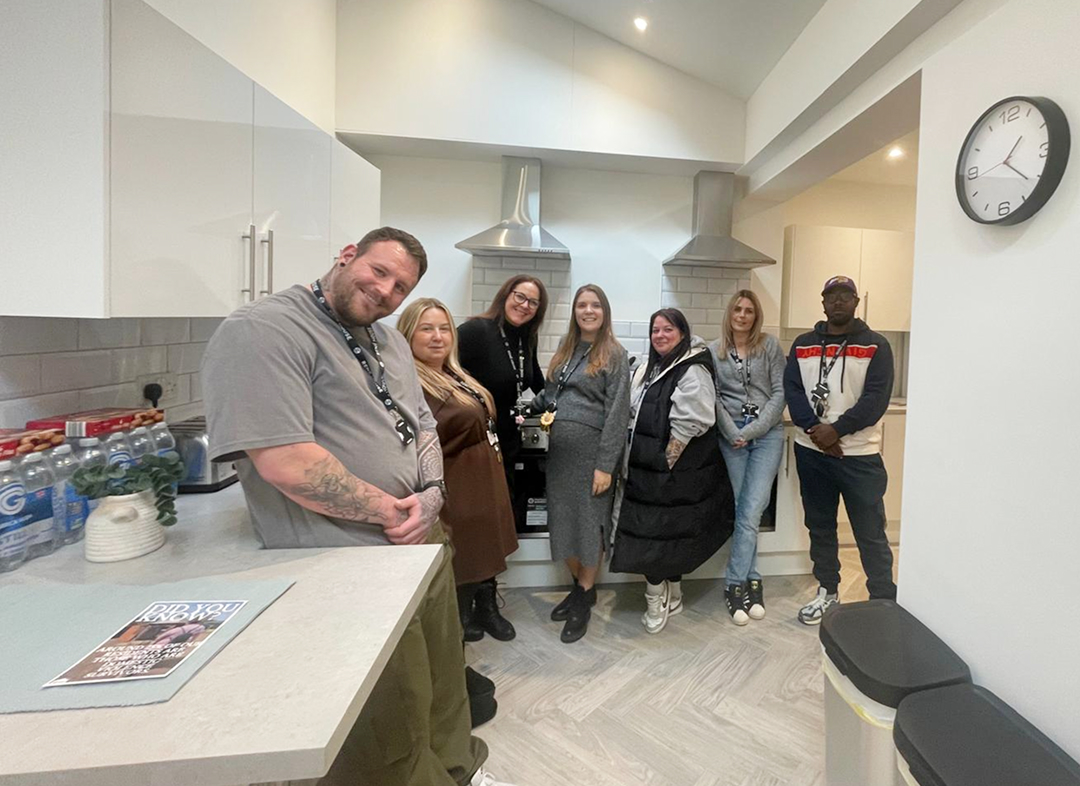How to Access Supported Housing in Nottingham
Want to learn how to access supported accommodation in Nottingham through René House CIC? Take a read through this step-by-step guide to referrals, assessments, and the application process for vulnerable adults needing housing support.

We provide supported accommodation across Nottingham for vulnerable adults and families who need more than just housing. Our comprehensive referral and assessment process ensures we can offer the right support to people ready to engage with our services.
Who Can Access Our Services?
We currently provide accommodation for:
- Single adult males (18+)
- Families requiring supported housing
- Adults transitioning from homelessness or unstable housing
- People with multiple complex needs including ex-offender status, addiction issues, or mental health challenges
.jpg)
The Referral Process.
Step 1: Professional Referral
All referrals must be completed by a support worker or someone from an organisation providing support. This could include:
- Housing Options teams
- Support charities
- Job Centre staff
- Housing or support providers
- Previous landlords or support workers
Step 2: Initial Assessment
We use referral information to understand individual needs and assess whether we have the resources to help. Not everyone can be accommodated immediately, as our bed spaces are almost always over-subscribed.
Step 3: Informal Chat
If we believe we can help, you'll be invited for an informal discussion to learn more about our service and have questions answered. This ensures we're the right fit for each other.
When invited for an assessment, bring as much ID as possible to make the process smoother. This includes:
- Photo ID
- Benefits documentation
- Medical records if relevant
- Previous tenancy information
Step 4: Waiting List or Placement
If no immediate vacancies exist, you'll be placed on our waiting list and contacted when bed spaces become available.

Our Accommodation Standards.
All properties feature:
- Furnished and decorated to high standards
- Dry house policy (no drugs or alcohol)
- Reasonable house rules similar to any rental property
Costs and Benefits.
Rent varies by property, but housing benefit typically covers the majority of costs for eligible residents. You'll be responsible for a small service charge covering utilities and support services, with all costs explained clearly before signing documents.
.jpg)
Ready to Apply?
If you're a professional looking to make referrals or someone needing supported accommodation in Nottingham, contact René House CIC to discuss how we can help you access quality housing and support services.

Join Our Team – Homelessness Support Worker Opportunities in Nottingham
We're growing our support team, and we're on the lookout for a compassionate Homelessness Support Worker to join us in Nottingham. If you've ever thought about a career that genuinely changes lives, this might be exactly what you're looking for...

Why We Can't Solve Homelessness Alone (And Don't Want To)
We are proud to collaborate with local authorities, charities, and community organisations to address homelessness across Nottingham. Learn more about our community partnership approach to supported accommodation, and why it's so necessary to fight homelessness in our community.


